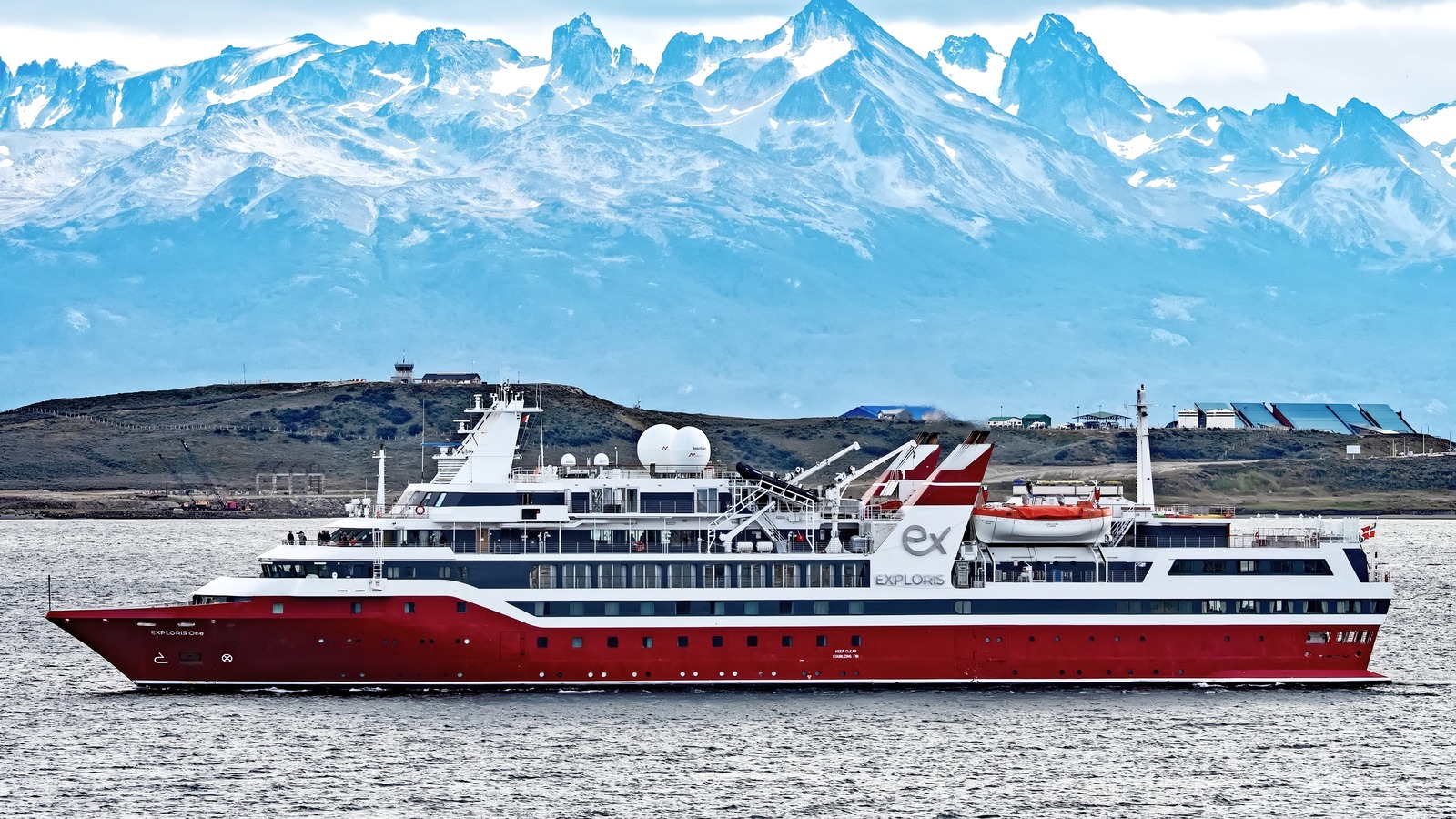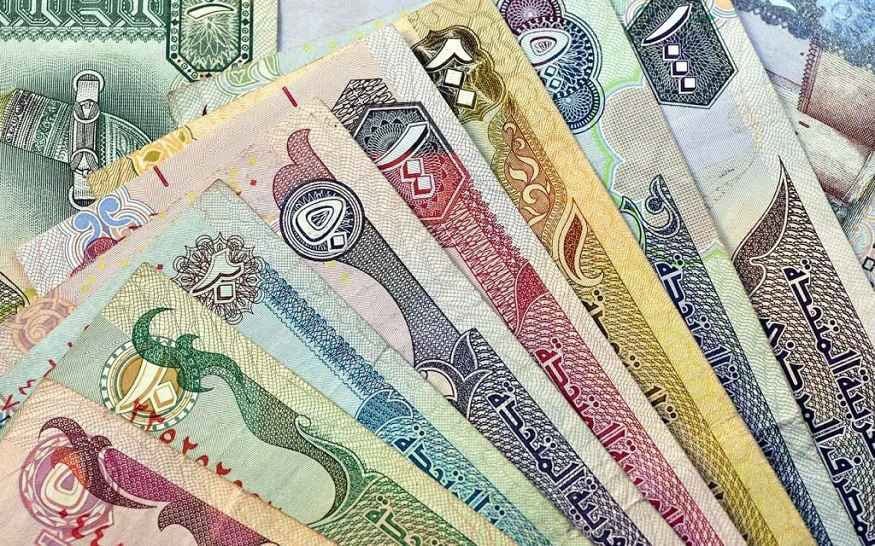Copyright The New York Times

President Trump announced on Wednesday that he was imposing significant new sanctions on Russia for the first time in his second term, underscoring a new degree of frustration with President Vladimir V. Putin after a plan for the two leaders to meet in Budapest fell apart. The new sanctions were announced just as the president sat down in the Oval Office with NATO’s secretary general, Mark Rutte, who had flown to Washington on behalf of a coalition of European leaders desperate to keep Mr. Trump on the side of Ukraine. The sanctions targeted Russia’s two largest oil companies, Rosneft and Lukoil. “Now is the time to stop the killing and for an immediate cease-fire,” Treasury Secretary Scott Bessent said in an announcement that described the oil companies as twin engines of “the Kremlin’s war machine.” Mr. Trump’s irritation with the Russian leader was evident on Wednesday. “Every time I speak with Vladimir, I have good conversations, and then they don’t go anywhere,” he said. “They just don’t go anywhere.” He explained his decision to scupper the Budapest summit that had been planned for some time in the coming weeks. “It just it didn’t feel right to me,” Mr. Trump said. “It didn’t feel like we were going to get to the place we have to get. So I canceled it.” As for the sanctions? “I just felt it was the right time,” he said. The sanctions are among the most significant measures that the United States has taken against the Russian energy sector since the beginning of the war in Ukraine. The Biden administration avoided levying sanctions against the companies to allow for legal purchases of Russian oil by American allies; targeting the companies could make a meaningful dent in Russia’s oil revenues. Analysts noted that enforcement of the sanctions would be important for determining if they are effective. “These sanctions are a big step, but they’ve got to either use, or actively threaten to use, secondary sanctions here on third countries,” said Daniel Tannebaum, a partner in the consulting firm Oliver Wyman’s risk and public policy practice and an Atlantic Council fellow. Secondary sanctions would target countries that do financial business with Russia. “Look, these are tremendous sanctions,” Mr. Trump said in the Oval Office. “These are very big, those are against their two big oil companies, and we hope that they won’t be on for long. We hope that the war will be settled.” Mr. Rutte heaped praise upon the president as the meeting hummed along. It went about as well it could have for the secretary general. “We’re a very proud member of NATO,” Mr. Trump said at one point. “We have a great relationship with the countries of NATO.” These meetings do not always turn out so well. Mr. Rutte and the rest of Europe’s leaders have been on a wild seesaw ride with Mr. Trump all year. Five days earlier, President Volodymyr Zelensky of Ukraine came to the White House to attempt to bring Mr. Trump more firmly into the fold. Behind the scenes, the meeting did not go so well. Mr. Trump pressured Mr. Zelensky to cede territory to Russia so that a cease-fire on Mr. Putin’s terms might come into place. By now, the Europeans appear to have learned not to take it for granted that Mr. Trump will automatically have their backs against Russia. Time and again he has proved himself to be an ally who requires a degree of minding. Leave him be for too long, the thinking goes, and he may be swayed by Mr. Putin. That is the cycle that has been playing out for months now, very much to Mr. Putin’s benefit. After Mr. Trump and Mr. Putin got together in Alaska back in August, the president left their meeting having abandoned his primary goal of securing an immediate cease-fire. And yet, he declared the meeting to be a “10” anyhow. The Europeans rushed to Washington en masse two days later to surround Mr. Trump and press a charm offensive. It seemed to work, for a time. This same sort of cycle transpired earlier this month. The Europeans had grown hopeful as Mr. Trump dangled the possibility that he would supply Tomahawk cruise missiles to Ukraine. But then Mr. Putin and Mr. Trump got on the phone, and the matter of the Tomahawks was dropped. On Wednesday, Mr. Trump elaborated on his thinking, calling them “highly complex” weapons that take a long time to learn how to shoot. “So the only way a Tomahawk is going to be shot is if we shot it, and we’re not going to do that,” he said. Diplomatic as ever, Mr. Rutte chimed in: “I’m not going to comment on the Tomahawks, but when it comes to us, and all the support for Ukraine, it is there, and it is close to the president’s heart, and I note it.” Another thing that had frightened the Europeans is how Mr. Trump recently seemed to revert to Mr. Putin’s preferred narrative that the Russians are crushing it on the battlefield, contrary to much evidence. Defense analysts said that one of the aims that the European coalition likely has now is to bring Mr. Trump back around to reality. “The big focus, I think, is to try to correct, to push back on the narrative — which Trump did seem to get a couple of weeks ago — that the Russians were winning,” said Seth Jones, an analyst at the Center for Strategic and International Studies.



